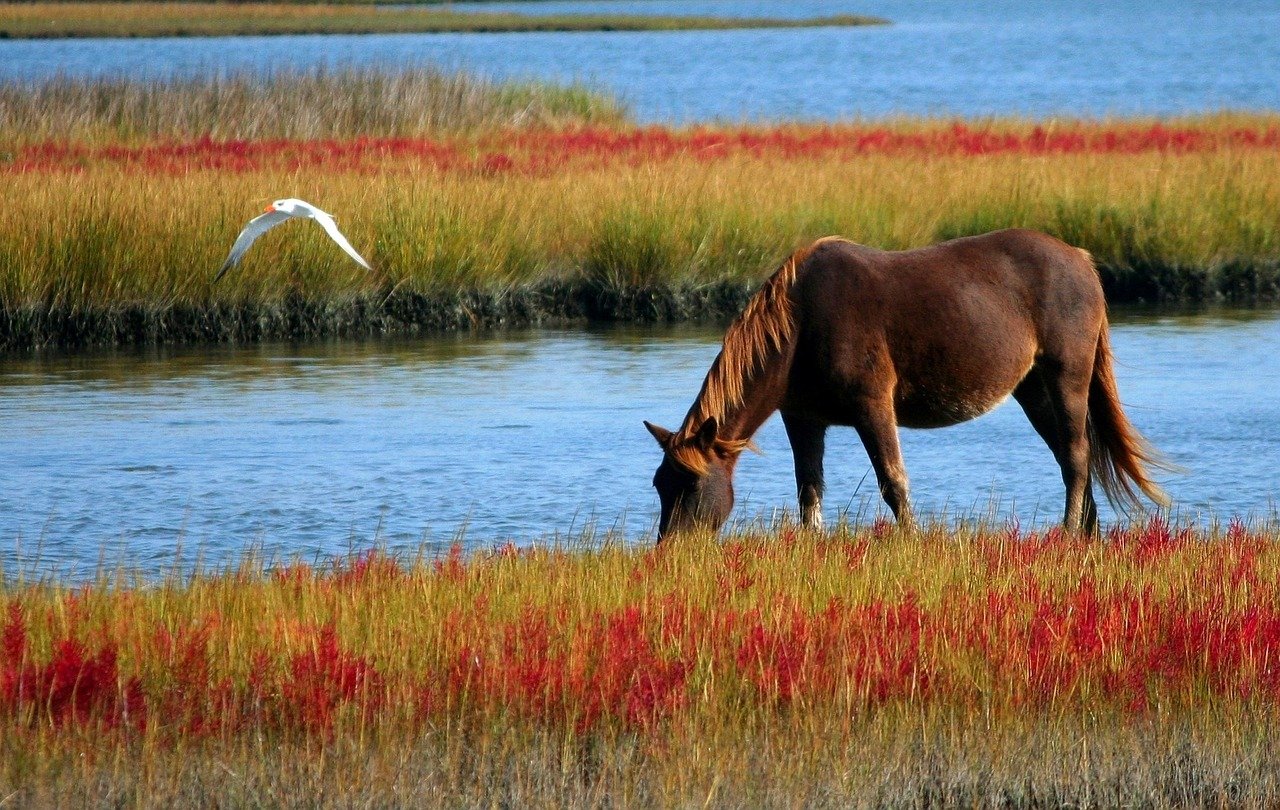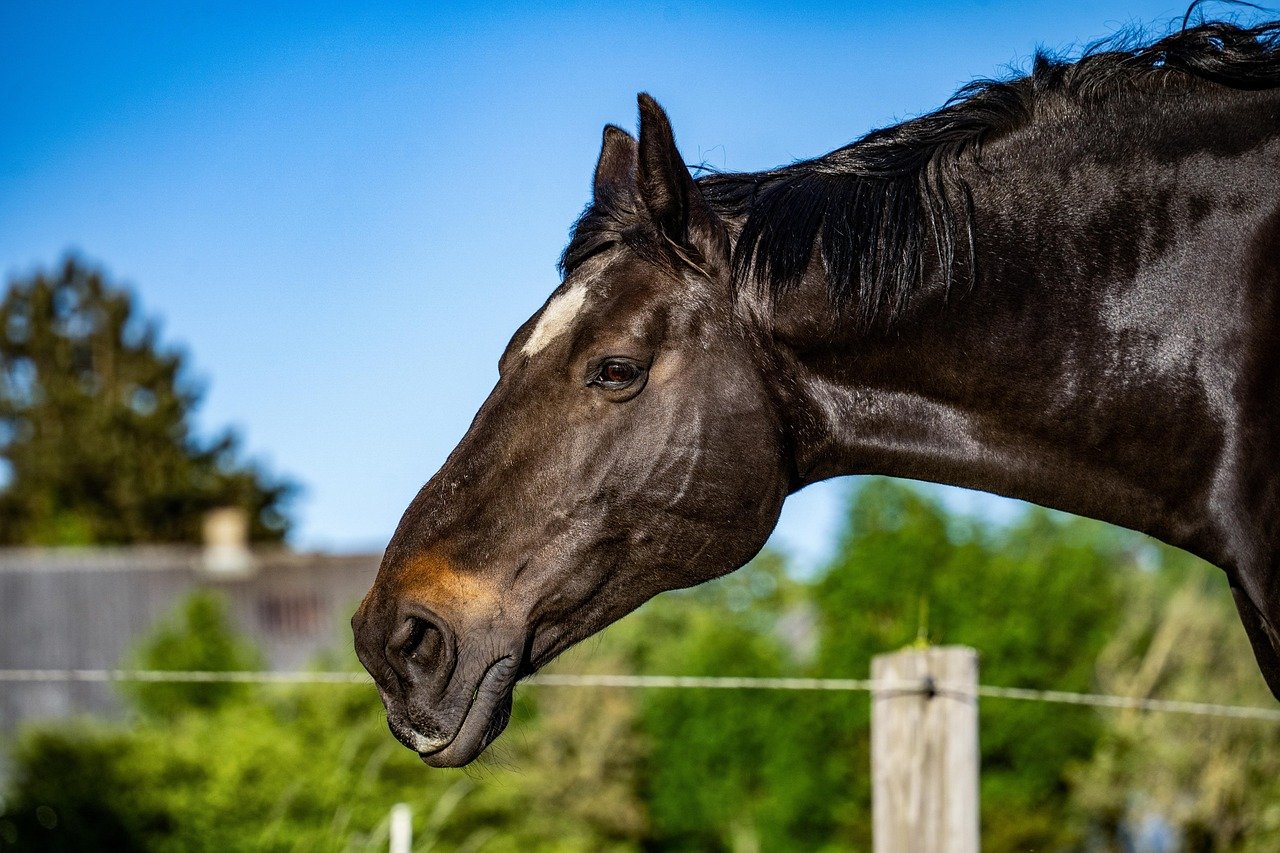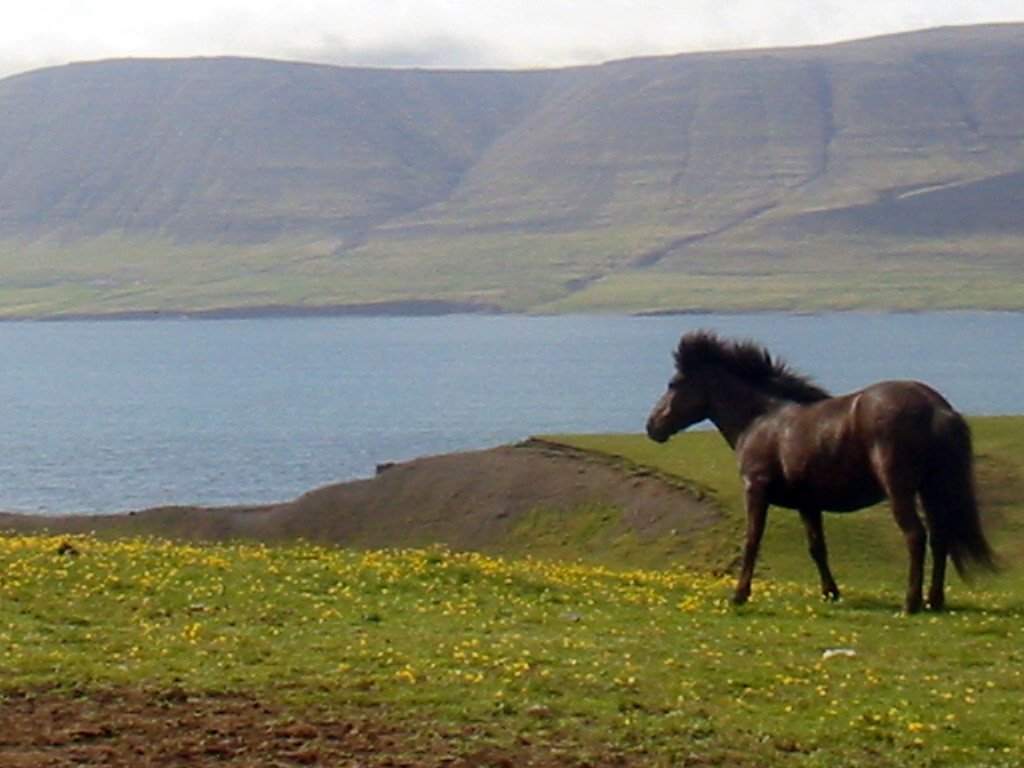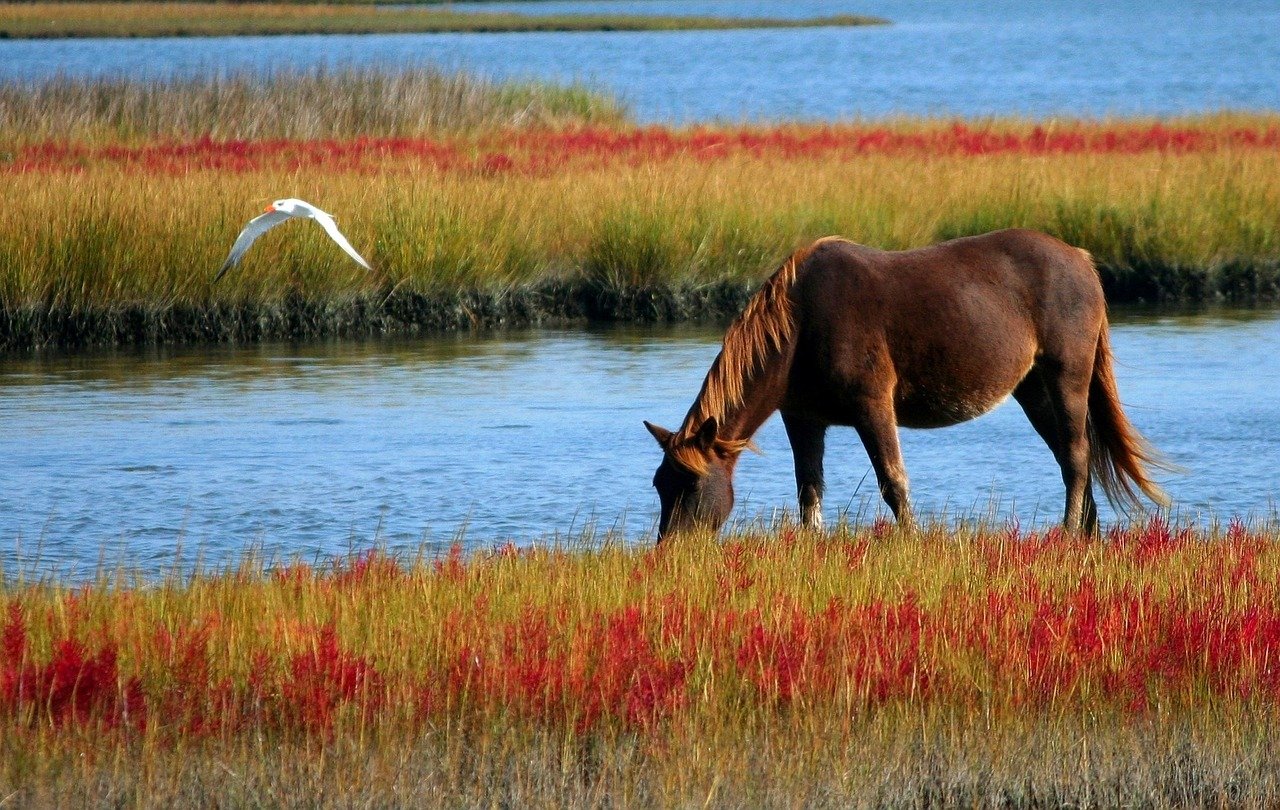Every horse lover understands the importance of providing the best care for their equine companions. Among the many aspects of horse care, turnout is often a topic of debate. However, allowing horses to spend time outside in a natural environment is not just beneficial but essential for their well-being. This article explores ten compelling reasons why turnout is crucial for horses.
Physical Exercise and Muscle Development

Horses, by nature, are creatures of movement. In the wild, they would roam for miles in search of food and water. Turnout provides them with the opportunity to stretch their legs, which is vital for their physical health. When horses are allowed to move freely, they engage in natural exercises like trotting, galloping, and even playful antics. This movement helps in muscle development and keeps their joints flexible. Unlike confined spaces, a pasture allows them to exercise without restrictions, promoting overall fitness. A horse that moves regularly is less likely to suffer from stiffness or joint-related issues. Thus, turnout is essential for maintaining a horse’s physical vitality.
Mental Stimulation and Behavioral Enrichment
Horses are intelligent animals that require mental stimulation to be happy and content. A monotonous routine can lead to boredom and even behavioral issues. Turnout offers an ever-changing environment with varying sights, sounds, and smells. This variety stimulates their minds and helps keep them engaged. Horses can interact with other equines, explore their surroundings, and experience a sense of freedom. This mental engagement reduces stress and anxiety, leading to a happier horse. In a way, turnout is like a mental playground that enriches a horse’s life, keeping their spirits high.
Socialization and Herd Dynamics
Horses are inherently social animals that thrive in a herd environment. Turnout allows them to interact with other horses, fostering social bonds and understanding herd dynamics. These interactions are crucial for their social development and emotional well-being. Horses communicate through body language, and being part of a group helps them learn and practice these skills. Socialization also teaches them patience, respect, and hierarchy within the herd. When horses are allowed to socialize, they exhibit fewer behavioral problems and are generally more content. Turnout, therefore, plays a pivotal role in nurturing a horse’s social instincts.
Natural Grazing and Digestive Health
A horse’s digestive system is designed for continuous grazing. Turnout provides them with the opportunity to graze naturally, which is vital for their digestive health. Constant access to forage helps maintain a healthy gut and prevents issues like colic and ulcers. Grazing also keeps their teeth in good condition, as the chewing action wears down their teeth naturally. Moreover, the varied diet they get from grazing different types of grasses and plants can provide essential nutrients. Turnout, in essence, supports the natural dietary habits of horses, ensuring their digestive system functions optimally.
Improved Hoof Health
The saying “no hoof, no horse” underscores the importance of hoof health in horses. Turnout can significantly contribute to the well-being of a horse’s hooves. When horses move around on different terrains, it promotes natural wear and tear, preventing overgrowth and issues like laminitis. The movement also encourages better circulation in the hooves, which is essential for growth and strength. Horses that are confined for long periods might develop hoof problems due to lack of movement and poor circulation. Turnout allows horses to naturally maintain their hooves, contributing to their overall health.
Reduced Stress and Anxiety
Just like humans, horses can experience stress and anxiety. Confinement in stalls can lead to pent-up energy and frustration, manifesting in behavioral problems like cribbing or weaving. Turnout provides a natural outlet for this energy, allowing horses to relax and unwind. The freedom to roam, graze, and interact with other horses helps reduce stress levels. A horse that spends time outdoors is often more relaxed and content. By providing regular turnout, horse owners can ensure their equines lead a less stressed and more balanced life.
Strengthened Immune System
Exposure to the natural environment can boost a horse’s immune system. When horses are turned out, they are exposed to various elements and microorganisms that can help build immunity. The fresh air and sunlight are particularly beneficial, as sunlight is a natural source of vitamin D, essential for bone health. Moreover, the exercise and movement associated with turnout improve circulation, further supporting the immune system. A horse with a robust immune system is less susceptible to diseases and infections, making turnout an integral part of their health regimen.
Weight Management

Obesity is a common issue in horses, especially those that are confined for extended periods. Turnout can help in managing a horse’s weight by providing regular exercise and natural grazing opportunities. The physical activity associated with turnout helps burn calories and maintain a healthy weight. Additionally, grazing on pasture is generally lower in calories compared to concentrated feeds, reducing the risk of excessive weight gain. Regular turnout ensures that horses maintain a healthy body condition, preventing obesity-related health problems.
Opportunity for Natural Behavior

Horses have innate behaviors that are best expressed in a natural setting. Turnout provides them with the space and freedom to exhibit these behaviors, such as rolling, running, and playing. These activities are not just fun for horses but also promote physical health and mental well-being. When horses are allowed to behave naturally, they are often happier and more content. Turnout, therefore, is essential for allowing horses to express their natural instincts and live fulfilling lives.
Bonding Time with Owners

Turnout is not only beneficial for horses but also provides an opportunity for owners to bond with their equine companions. Spending time in the pasture allows owners to observe and understand their horses better. It provides a relaxed setting for grooming, training, or simply enjoying each other’s company. This bonding time strengthens the relationship between horses and their owners, fostering trust and companionship. Turnout, in this way, enriches the lives of both horses and their human counterparts.
In conclusion, turnout is a vital aspect of horse care that contributes to their physical, mental, and emotional well-being. By providing horses with the opportunity to live in a more natural environment, we ensure their health and happiness.






